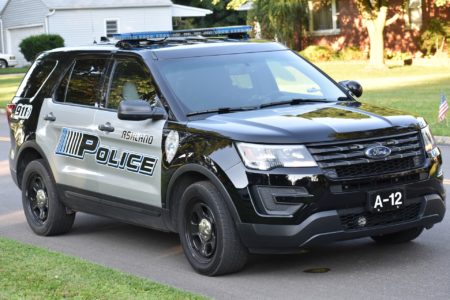
The Eleventh Circuit has found that law enforcement officers are not entitled to pay for certain activities that occur before and after their work shifts. See Llorca v. Sheriff, Collier County, No. 17-11377, 2018 WL 3134544 (11th Cir. Jun. 27, 2018). In particular, the Fair Labor Standards Act (“FLSA”) does not require compensation to law enforcement for: (1) putting on and taking off protective equipment (“donning and doffing”) before and after a work shift; or, (2) commuting to and from work in a marked patrol vehicle.
The Portal-to-Portal Act of 1947, as amended by the Employee Commuting Flexibility Act of 1996, provides that an employer is not required to pay employees for time travelling to and from work, or for activities that are “preliminary to or postliminary to” the “principal activity” of the job. The United States Supreme Court has further found that preliminary or postliminary work is only compensable if it is an “integral and indispensable part of the principal activities.” The Eleventh Circuit’s decision in Llorca focused on the “integral” and “indispensable” standards.
The employees in Llorca were Deputy Sheriffs in Collier and Lee County, Florida. They were required to arrive at work wearing the following protective gear: a “duty belt,” a radio case, pepper mace, a baton strap, a magazine pouch, a radio, a flashlight, handcuffs, a holster, a first-responders pouch, and a ballistics vest. They also commuted to and from work in marked patrol vehicles. The Sheriffs required their deputies to listen to radio calls while commuting, and respond to major calls and emergencies. The deputies were also required to observe the roads for traffic violations and engage in general traffic law enforcement. While the deputies were compensated for any time responding to emergencies and enforcing traffic laws, they were not compensated for time commuting while listening to their radios and observing the roads.
The Eleventh Circuit found that donning and doffing protective gear is not “integral” to a law enforcement officer’s principal activities. The gear itself might be “indispensable” to a deputy. But, the donning and doffing process is not an intrinsic element of law enforcement. The Court was particularly persuaded by a 2006 Department of Labor memorandum finding that donning and doffing might be compensable “where the changing of clothes on the employer’s premises is required by law, by rules of the employer, or by the nature of the work.” But, “if employees have the option and the ability to change into the required gear at home, changing into that gear is not a principal activity, even when it takes place at the plant.”
The Eleventh Circuit found that listening to the radio for calls and general traffic monitoring were not “indispensable” activities for deputies. The court first relied upon a policy argument, noting that “traffic violations multiply if there is an appearance among the public that traffic enforcement is law. Thus, it would be highly inappropriate for uniformed officers to drive to and from work in marked patrol vehicles without observing the roads for traffic violations and other incidents.” The Court also relied upon a DOL regulation holding that a police officer “is not working during the travel time even where the radio must be left on so that the officer can respond to emergency calls.” 29 C.F.R. § 553.221(f).
The Llorca opinion is a significant win for employers in law enforcement. Additionally, it provides additional guidance to all employers on “donning and doffing” requirements.